Quickly resolving administrative procedures via the internet, disseminating policies and guidelines via social networks, developing e-commerce, cashless payments, promoting the application of modern technology to develop economic models... are the conveniences that digital technology brings, changing the thinking, working methods and lives of rural people in Vinh Phuc today. In line with the new rural construction movement of the whole country, digital transformation and smart village construction have gradually brought previously poor and backward rural areas closer to urban life, building a more civilized and modern countryside.
Connecting government and people
Coming to Dinh Tre village, Thai Hoa commune (Lap Thach), we were surprised that not only the young but also the elderly can skillfully use social networks such as Zalo, Facebook to view village and commune announcements; update current events or look up social insurance, pay electricity bills, and receive remote medical examination and treatment...
Ms. Do Thi Tinh, a villager, said: "Due to old age, I often suffer from back pain, aching bones and joints, and insomnia. Every time I have to ask my children and grandchildren to take me to the District Health Center or the Provincial General Hospital for examination, but since the village chief popularized the smart medical application, I have been connected to a provincial doctor for remote consultation and treatment.
Thanks to the free wifi at the cultural house, I talked to the doctor, described my condition and received detailed advice and treatment instructions from the doctor. Because I followed the treatment, my condition improved without having to spend time traveling like before."
It is known that since implementing criterion No. 2 on smart healthcare in the National Criteria for Advanced and Model New Rural Areas, Dinh Tre village officials have promoted and mobilized people to apply information technology to register and examine medical conditions remotely to be proactive and save travel time; guided people to install the APP for electronic health books, remote medical examination and treatment applications on mobile phones and piloted the implementation of electronic health numbers on the VNeID application.
Up to now, 73% of people in Dinh Tre village have participated in and used the remote medical examination registration application; 100% of people have electronic medical examination books on electronic identification accounts VNeID, VssID.
Recently, implementing the policy of collecting voters' opinions on merging provincial and commune-level administrative units, Mr. Nguyen Quang Tam, Head of Dinh Tre village, informed 100% of households in the village to grasp the information with just 1 message sent to the village's common zalo group.
Thanks to this, all households have arranged for family representatives to fill out the form, helping the process of collecting opinions to be quick, convenient and timely. Previously, when this application was not available, the announcement had to be made via loudspeaker or by the head of the inter-family group to each household, which took a lot of time. Now, with just 1 text message, representatives of households in the village can fully grasp the information.
According to Mr. Tam: With a large rural area and large population, currently, most people of working age work far away or in businesses, so the application of information technology, social networks, including Zalo to build a connection channel between the government and the people is very practical and effective.
Remember, during the "hot water" period of the Covid-19 pandemic in late 2021 and early 2022, most of the instructions from superiors and important information were quickly transmitted via the social network zalo, helping people to grasp in time to proactively take measures to prevent and control the epidemic.
All problems and questions of the people are promptly answered by commune and village officials, creating trust and consensus among the people, determined to push back the pandemic.
Up to now, promoting the convenience of social networks, Party committees, authorities, and socio-political organizations have actively informed, propagated, and disseminated the Party's guidelines and policies, the State's laws and policies; information on fire prevention and fighting, labor safety, food safety and hygiene... to all people in a timely manner through this application.
Going to the country market... without fear of forgetting money!
With convenient transportation, Thai Hoa commune has strongly developed business and trading activities with a variety of products. Interestingly, at the stalls of small traders, from household goods, groceries to food, vegetables, fruits, etc., there are QR code scanning boards to meet all forms of payment of customers.
People here are used to cashless payments. With this application, they will no longer worry if they accidentally forget their wallets at the market and the sellers will also avoid the risk of counterfeit money.
According to Vice Chairman of Thai Hoa Commune People's Committee Nguyen Thuong Quy: This is the result of many years of propaganda to build a model new rural area and after more than 1 year of implementing the construction of the local "smart village" model.
In 2023, on the basis of 6 villages "reaching the finish line" of the model NTM, the locality will continue to build a model NTM commune and select Dinh Tre and Den villages to build smart villages, popularize technology, and propagate the policy of digital transformation to each village, hamlet, and each person.
The construction of smart villages closely follows three criteria: smart production organization, smart healthcare, and digital technology application in information and communication work. At first, the commune faced many difficulties and challenges because Thai Hoa is a purely agricultural commune, and the percentage of adults in both villages using smartphones is not high.
The concept of “digital transformation” is still new; the majority of people, especially middle-aged and elderly people, do not have smartphones, do not have access to the internet and have limited ability to absorb technology.
However, with the high determination of the Party Committee, the communal government, cadres, party members, especially the youth union members with the spirit of shock troops, they actively supported people to install and guide them to practice operations on smartphones, from which, people in the village gradually approached and proficiently used information technology applications.
Up to now, community activity points including cultural houses, commune People's Committee headquarters and schools all have free high-speed wifi to serve people's meetings, activities, study and information lookup.
Over 84% of adults in the village have online payment accounts, which can pay for essential services such as electricity bills, tuition fees, and telecommunications fees. 100% of business households apply non-cash payment methods and use social networks such as Zalo, Facebook, and livestream to sell and promote products.
Digital technology utilities have helped production, business, and service trade activities become more vibrant, increasing interactions between sellers and buyers. Many agricultural products are widely promoted and introduced, reaching many different customers, thereby increasing sales, improving production and business efficiency, and increasing income for people.
Phuong Loan
Source: http://baovinhphuc.com.vn/Multimedia/Images/Id/127719/Thon-thong-minh---Hat-nhan-“nong-thon-so”--Ky-1-Dang-dap-nhung-




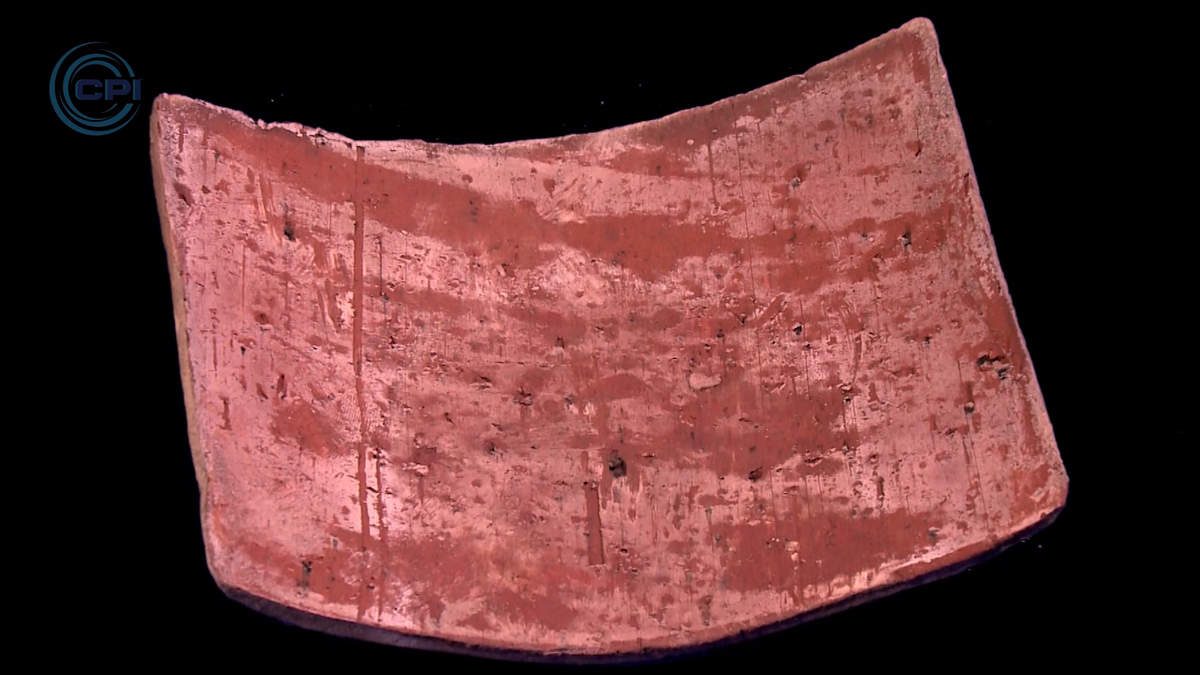



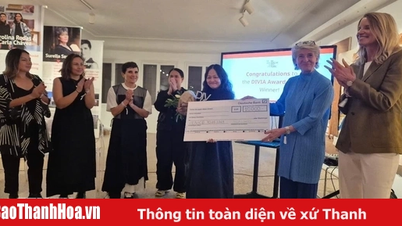
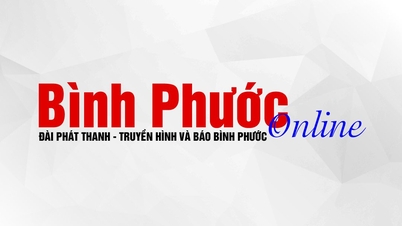
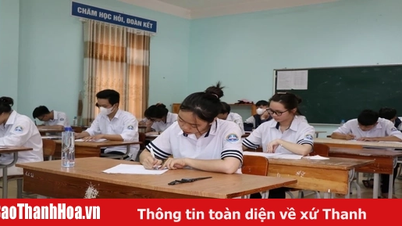
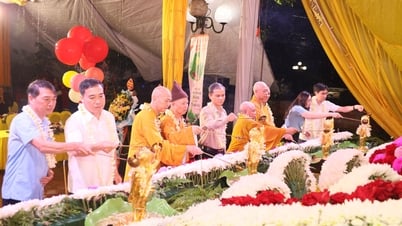
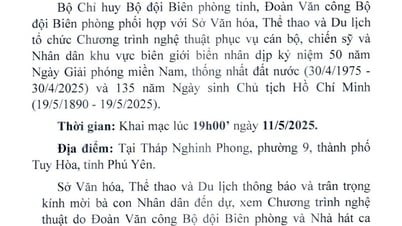
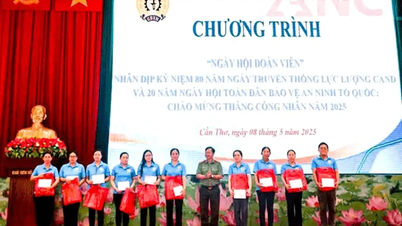




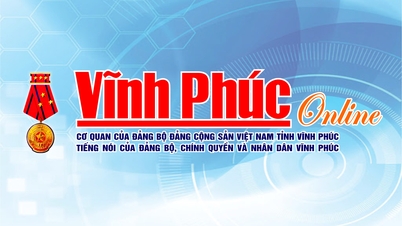
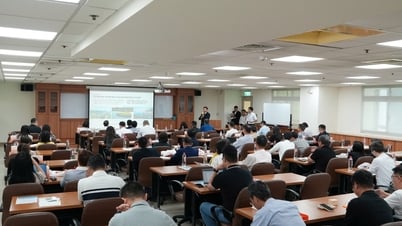
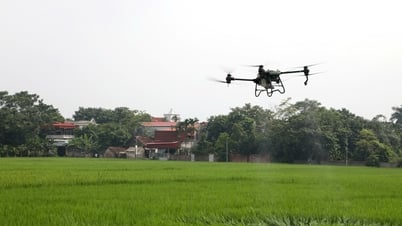
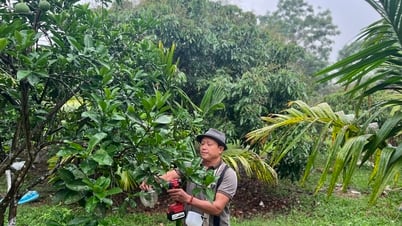
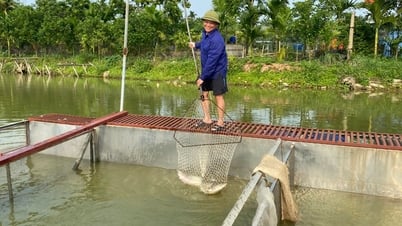



































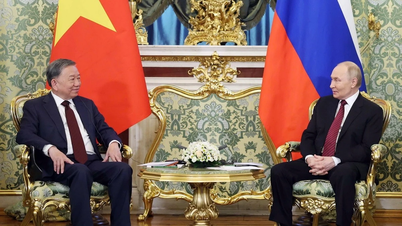
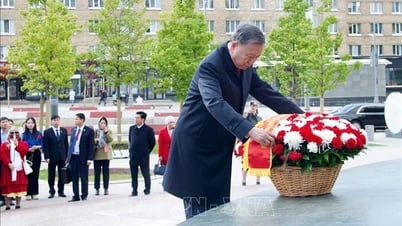
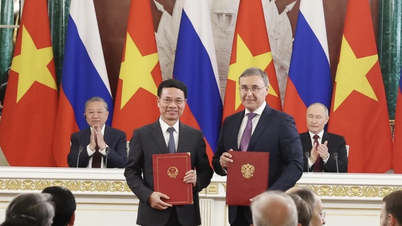

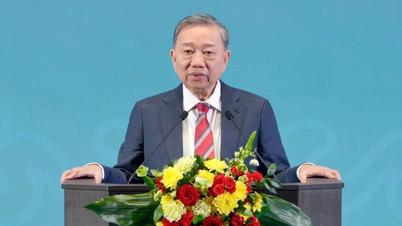












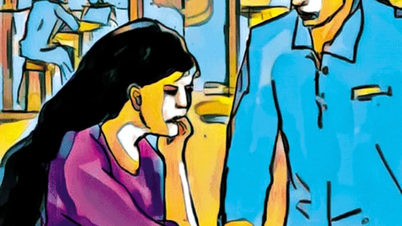

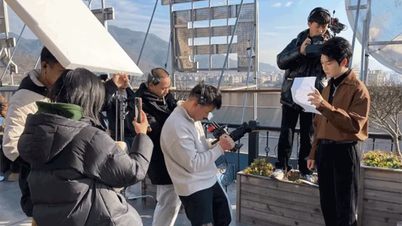
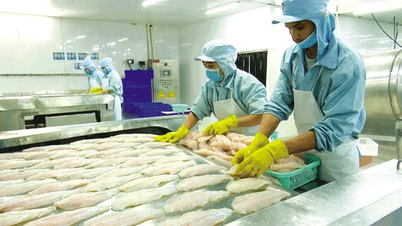
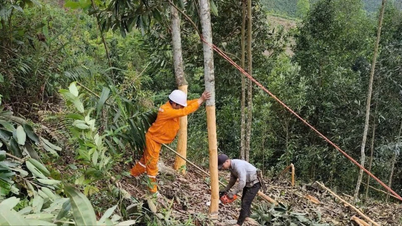












Comment (0)